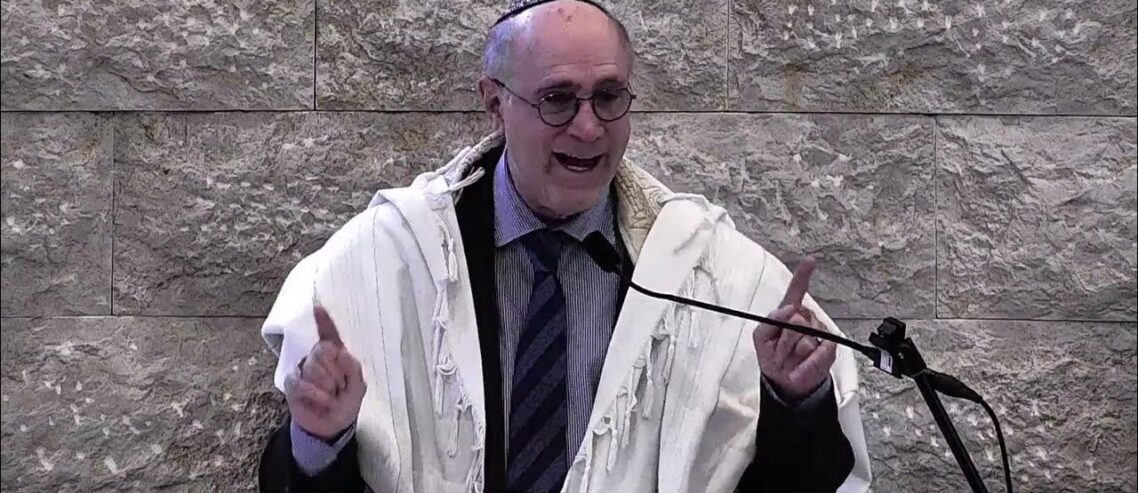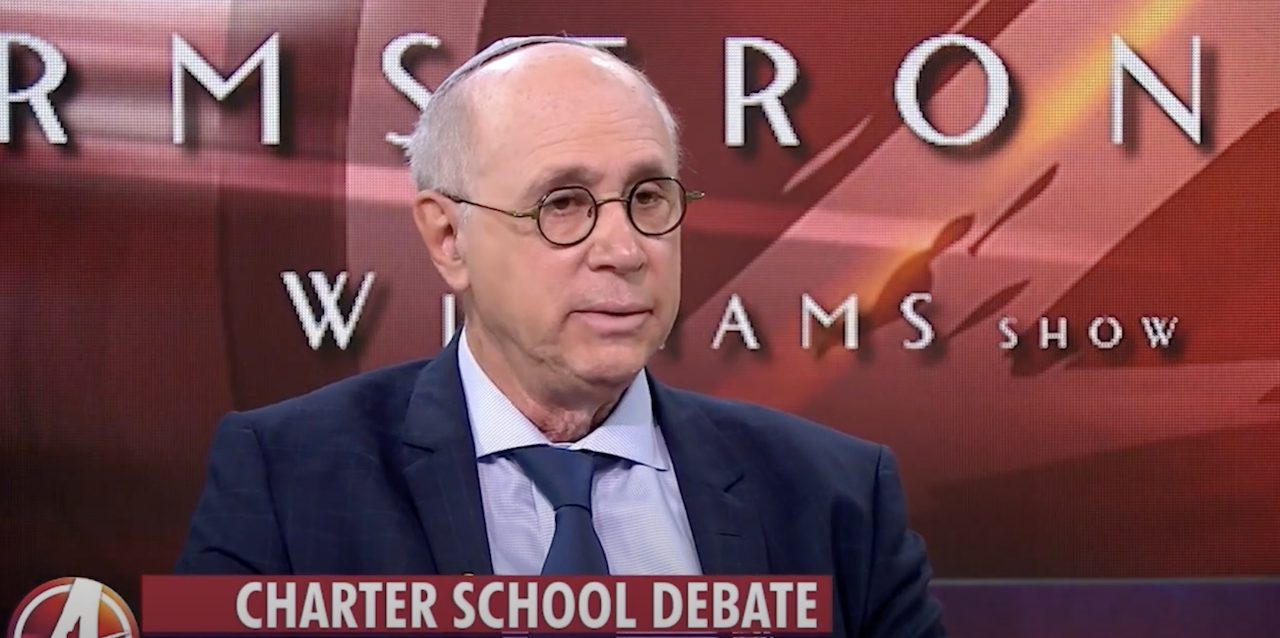Noah Gets Drunk; Abraham Buys Land and Fights Injustice
HAYEI SARAH
Throughout the ages our sages enjoyed engaging in the sophistry of comparing Abraham to Noah and debating who was the greater person, who was more righteous?
The obvious answer is Abraham. The odds are tilted in his favor because, after all, we Jews are descendants of Abraham, not Noah. Abraham is considered the first Jew, the patriarch of our people, not Noah. Yet it is not as obvious or as easy a proposition to prove as one may assume.
Upon further examination we see that we read of Noah – Noah matza hen be’einei HaShem –Noah found favor in the eyes of the Lord. No such statement is made about Abraham.
We read that Noah walked with God, implying an intimate relationship. Of Abraham it says words which are vague and subject to interpretation: “The Lord before whom I walked.”
We read that Noah was called a righteous person, a tzadik. No such statement is made about Abraham. In fact, Noah is the only person in the whole Bible who is called righteous, and is described this way, not once, but on two occasions as being a tzadik.
So how is it that Abraham can possibly be considered greater than Noah?
There are two key differences, two distinctions tilting in favor of Abraham – it has to do with the contrast in the way each deals with tragedy, adversity and destruction. How they respond both before, and what they do after a cataclysmic event.
As we know, when Noah is told to build an ark to save his family, the animals and himself from impending destruction of the world that will come from the flood, he obediently does so. He does not protest or advocate on behalf of his fellow human beings. He does not speak out or argue with God, or try to convince Him not to wipe out the world. His response is one of passive acceptance.
When God reveals his plan to destroy Sodom and Gomorah to Abraham, he immediately objects and engages God in a passionate argument on behalf of the citizens of Sodom, challenging God by asking, “Shall not the Judge of all the earth act justly?!” The contrast between the two Biblical heroes is profound.
The answers to the obvious question, what about Abraham’s acceptance and lack of objection when told to sacrifice his son – have to do with the nature of the test, the choice between obedience and faith, the meaning of the request, and so on, and deserves a sermon of its own.
This week’s parasha picks up the story immediately after the Akedat Yitzhak, the binding of Isaac.
In a compressed period of time Abraham experiences the greatest trial of his life. He was told to take the son he had waited for for so many years and to offer him as a sacrifice. Just as he was about to perform this act, the call came from heaven commanding him to stop. While his son’s life was spared, upon returning from the mountain, he learns that his wife Sarah had died. Abraham mourns and weeps the loss of his wife and purchases a burial plot, the ma’arat machpela, in Hebron.
Whereas Noah came out of the ark after the flood and became a drunk, Abraham came out of the trauma of almost losing his son and the death of his wife, purchases a burial plot, and mourns her. After negotiating the purchase of the land and burying his wife, the Torah tells us: “Sarah died in Kiryat Arba, that is Hebron in the land of Canaan, and Abraham came to mourn for Sarah and to weep for her, and Abraham rose up from before his dead.
Abraham mourns and weeps over the death of his wife, and then rises up.
Analyzing and reviewing his actions – After the challenge presented by the command to take his son coupled with the death of his wife, he proceeds to purchase the first plot of land in Eretz Yisrael, the land of Israel, and then changes his focus to securing a wife for his son Isaac. In so doing, through these acts, he ensures the eternal, unbreakable bond to the land of Israel, and works to ensure the continuity of his line, of the Jewish people.
Whereas Noah grieves and is overwhelmed by his loss, Abraham prepares for the future. Rabbi Jonathan Sacks put it this way,
”Abraham bestowed this singular gift on his descendants. The Jewish people suffered tragedies that would have devastated other nations beyond any hope of recovery. The destruction of the first Temple and the Babylonian exile. The destruction of the second Temple and the end of Jewish sovereignty. The expulsions, massacres, forced conversions and inquisitions of the Middle Ages, the pogroms of the 17th and 19th centuries, and finally the Shoah. Yet somehow the Jewish people mourned and wept, and then rose up and built the future. This is their unique strength and it came from Abraham, as we see in this week’s parsha.”
Rabbi Sacks died three years ago. Reading these words gives me chills. …”and finally the Shoah.” If only that were true. “finally”. He did not know of the tragedy that yet awaited us – the tragedy of what happened on October 7.
Rabbi Sacks concludes, “Perhaps that’s the difference between Noah the Righteous, and Abraham the Man of Faith. Noah grieved, but Abraham knew that there must eventually be an end to grief. We must turn from yesterday’s loss to the call of a tomorrow we must help to be born.”
In many respects, we today, are like Abraham of old, mourning the loss of his beloved wife. Sheloshim, the 30 days set aside to mourn the loss of a loved one ended earlier this week. We are still in a state of shock and grieving over what happened in the kibbutzim bordering Gaza on October 7.
There is one other attribute of the Jewish people that is important. It has to do with the word – Zachor. Remember. We must remember what happened on October 7. We must remind the world what happened on October 7. Not because we Jews wallow in self-pity or victimhood, but because knowing and remembering helps determine how we act and respond to the challenges facing us.
Like Abraham, we must rise up and act as well. Come and rise up. The ties first established by our forefather Abraham to the land of Israel must be reaffirmed. Join us and the tens of thousands of Jews and non-Jews who will rise up from the tragedy and affirm our support for Israel and the people of Israel, of the brave men and women fighting on behalf of all of us to eradicate and vanquish the evil Hamas, to take a firm stand against anti-Semitism, to demand the release of all the hostages at the Rally in DC on Tuesday.
Like Abraham, who spoke out against injustice, let us raise our voices as well.





